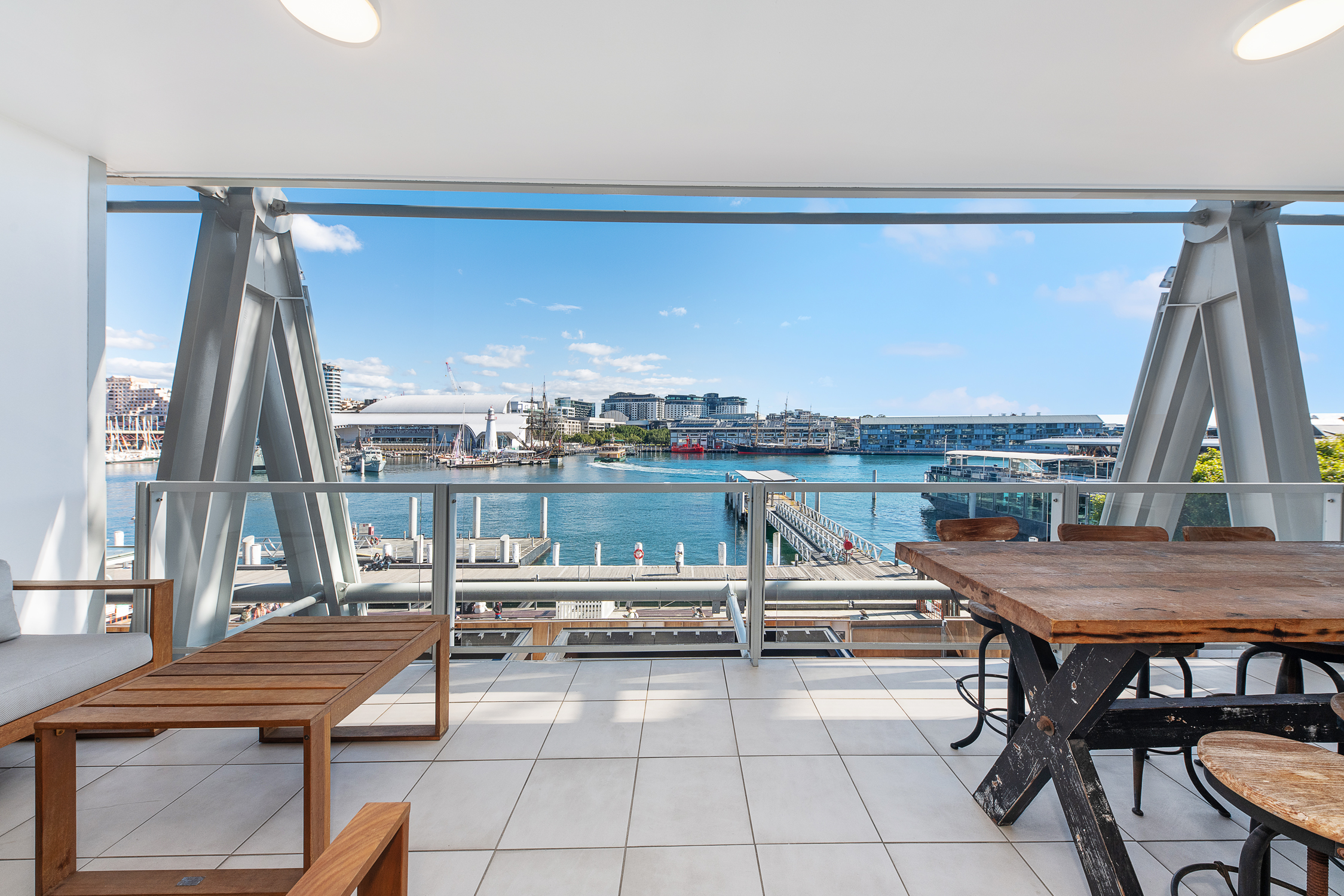More mainland Chinese companies return to Hong Kong
Amid heightened tensions with the U.S., Chinese firms are looking to Hong Kong as a gateway to the West
Mainland Chinese firms with shares listed in the U.S. are increasingly expanding their presence and looking into secondary listings in Hong Kong, driving the need for new office space in a city where demand has waned over the last year.
Amid heightened tensions between Beijing and Washington, there is concern that proposed U.S. legislation could lead to the delisting of some Chinese companies. Setting up shop in Hong Kong is a way to mitigate that risk.
While many other companies are taking a wait-and-see approach to their office space amid COVID-19, companies from mainland China have committed to around 143,000 square feet of offices in the first half of 2020.
Tech heavyweights Alibaba and ByteDance are among those that have recently committed to new leases in landmark Grade-A buildings in core districts on Hong Kong Island, where rents have fallen more than other office districts. Alibaba leased 17,000 square feet of Tower One in Times Square for HKD1.03 million (USD132,900) a month. Newly Hong Kong-listed Ganglong China Property Group has taken 2,403 square feet at Two Pacific Place in Admiralty.
“Secondary listings may not immediately result in these companies taking on large office spaces, but the downstream business opportunities for ancillary finance and business services will support overall business and ultimately, the office market,” says Alex Barnes, head of Markets for JLL Hong Kong.
Major mainland finance companies and property developers like CMB International Capital, China Minsheng Bank, Orient Finance Holdings and KWG, are also said to have committed to additional office space in Central, which remains a prestigious address.
“Mainland Chinese tenants in the banking and finance sectors will still prefer Central while tech companies are more open to locations in other traditional commercial districts such as Wan Chai and Causeway Bay,” says Paul Yien, senior director for Markets at JLL Hong Kong.
Given its proximity to the Guangzhou-Shenzhen-Hong Kong Express Rail Link (High-Speed Rail), many firms whose employees need to regularly cross the border to the mainland are also looking to Tsim Sha Tsui. Recent transactions include China-based Fargo Wealth Management leasing 13,000 sq ft in The Gateway and IT firm Kingsoft committing to 9,000 sq ft in the same building.
A COVID-stricken market
As uncertainty from the COVID-19 pandemic rages, not all corporates are as willing to commit to new space.
Hong Kong’s premium office market recorded a negative take-up of 1.42 million sq ft in the first six months of 2020, among the highest net withdrawals within the segment ever recorded. Central office rents will fall by up to 30 percent in 2020 as vacancy continues to rise and the area, notably the world’s most expensive for offices, faces the most downward pressure among office districts, according to JLL data.
Looking for more insights? Never miss an update.
The latest news, insights and opportunities from global commercial real estate markets straight to your inbox.
Grade A office vacancy (end-June 2020) |
|
Overall |
7.6% |
Central |
5.6% |
Wan Chai/ Causeway Bay |
6.2% |
Hong Kong East |
3.8% |
Tsim Sha Tsui |
7.5% |
Kowloon East |
13.8% |
Source: JLL
“Leasing demand in Hong Kong’s office market will remain subdued in the second half of 2020 due to a weakened economy. However, lower rents will increase the city’s competitiveness and encourage more tenants to open offices and expand their operations when the time is right,” says Barnes.
As COVID-19 forces many companies to reassess their workspace requirements, the role of the CBD office is being debated.
Investment Opportunities
Yet, while the pandemic will impact look and feel, offices will remain an important part of a company’s identity, says Roddy Allan, JLL’s Chief Research Officer for the Asia Pacific.
“While flexible work arrangements will become more mainstream, the offices will continue to play a central role in defining company culture, creating a shared purpose, and meeting employee needs for personal and professional fulfilment.”
Multi-national corporations (MNCs) are certainly looking at even more aggressive adoption of activity-based working (ABW) than previously. “For the first time, more local firms are seeking to move from very traditional work styles to models that are as flexible as those for MNCs,” says James Kennedy, Head of Consulting, North Asia at JLL.
“Landmark Grade A office buildings within a central business district will continue to hold status and remain a key tool for attracting and maintaining the best talent and clients,” says Yien.
“Beyond a short-term dip in demand amid slowing global economic growth, Hong Kong’s market remains robust and the changing office landscape will usher in a new era for the city’s office market in the medium term,” says Barnes.
Contatta Alex Barnes
What’s your investment ambition?
Uncover opportunities and capital sources all over the world and discover how we can help you achieve your investment goals.




